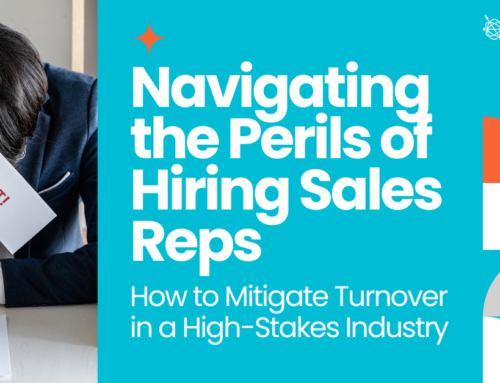
How to Engage with Passive Candidates
In the ever-evolving landscape of recruitment, organizations often face the challenge of finding qualified candidates who not only meet the job requirements but also align with their company culture. While active job seekers are readily available, many of the best candidates are passive—those who are not actively looking for new opportunities but may be open to a change. Engaging with these passive candidates can be a game-changer for your hiring strategy. Here’s how to effectively connect with this hidden talent.
1. Understand the Value of Passive Candidates
Passive candidates bring a wealth of experience and skills, often cultivated in their current roles. They tend to be more stable and engaged employees, as they are not actively dissatisfied with their jobs. By reaching out to these individuals, you can tap into a pool of talent that may not be visible through traditional job postings, giving your organization a competitive edge.
2. Utilize Networking Events and Industry Conferences
Networking events and industry conferences are prime opportunities to connect with passive candidates. Attend events relevant to your industry, participate in discussions, and engage with attendees. This face-to-face interaction allows you to showcase your company culture and values, making it easier to build rapport with potential candidates. Consider hosting your own events, such as workshops or meet-and-greets, to create an inviting atmosphere for networking.
3. Leverage LinkedIn and Social Media
LinkedIn is an invaluable tool for engaging passive candidates. Use advanced search features to identify individuals with the skills and experience you seek. Join industry-specific groups and participate in discussions to raise your profile within the community. Share relevant content that showcases your company’s expertise and culture, making it more likely that passive candidates will take notice. Additionally, platforms like Twitter and Facebook can be used to share insights and engage with potential talent.
4. Craft Personalized Outreach Messages
When reaching out to passive candidates, personalization is key. Generic messages are often ignored, but tailored communications demonstrate your genuine interest. Reference their work experience or recent projects, and explain why you believe they would be a great fit for your organization. This personalized touch can significantly increase the likelihood of a positive response.
5. Build Relationships Over Time
Engagement with passive candidates shouldn’t be a one-time interaction. Cultivating relationships over time is essential. Follow up periodically with valuable content, industry news, or invitations to events. By maintaining contact, you keep your organization top-of-mind, making it more likely that when these individuals are ready for a career change, they will think of you first.
6. Create a Talent Community
Consider establishing a talent community where passive candidates can connect with your organization. This could be an online forum, a newsletter, or a dedicated section on your company website. By providing a platform for engagement, you can share insights about your company, highlight employee success stories, and keep potential candidates informed about upcoming opportunities. This approach helps build trust and fosters a sense of belonging, even before they join your team.
7. Be Transparent About Opportunities
When engaging with passive candidates, it’s important to be transparent about potential job opportunities. While they may not be actively seeking a new role, sharing information about upcoming openings can pique their interest. Highlight the unique aspects of your organization, such as career development opportunities, company culture, and employee benefits, to entice passive candidates to consider a change.
Engaging with passive candidates is a strategic approach that can significantly enhance your recruitment efforts. By understanding their value, utilizing networking opportunities, leveraging social media, crafting personalized outreach, building relationships, creating a talent community, and being transparent about opportunities, you can unlock hidden talent that may be the perfect fit for your organization. Start cultivating these relationships today, and ensure your company is top-of-mind when passive candidates decide to make their next career move!




